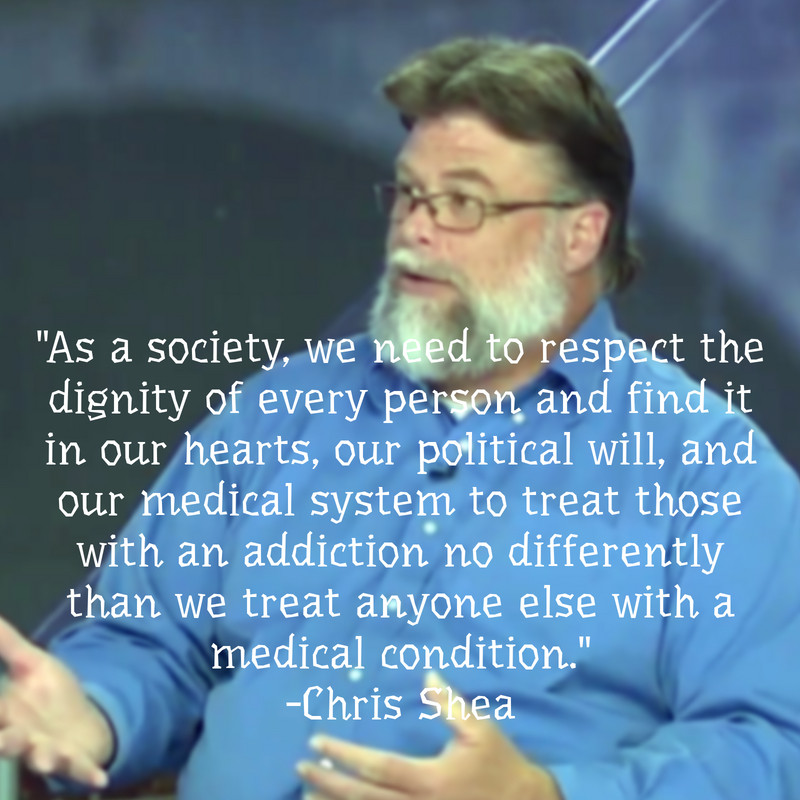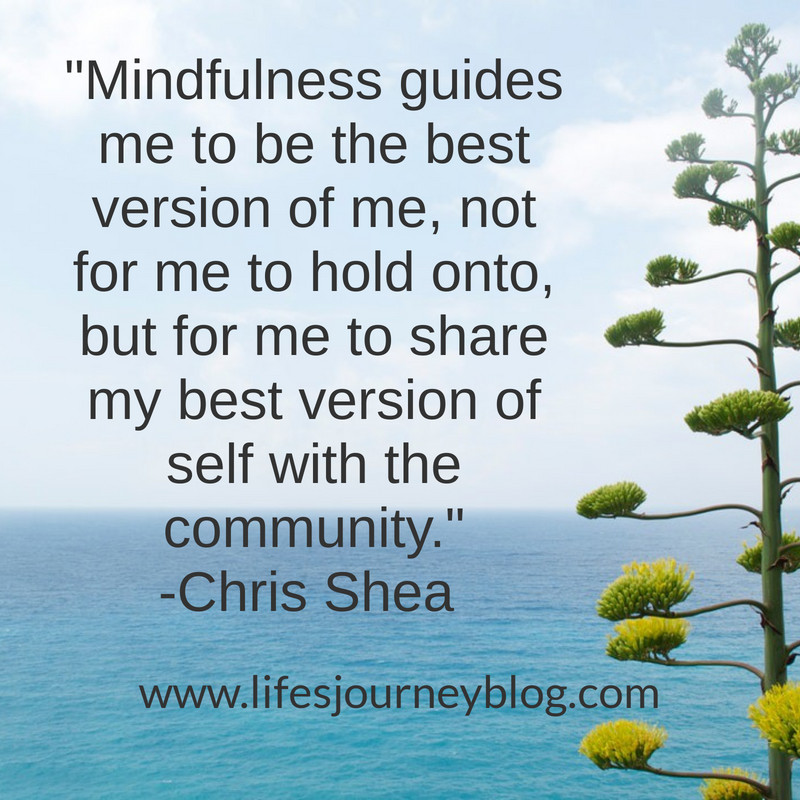Archive for July 2019
Treatment On Demand For Drug Addiction Is The Solution
Treatment on demand for drug addiction is not a reality in most places of the USA, yet cities like Baltimore could save over $46 million if everyone who wanted treatment received treatment. Unlike other illnesses, those suffering from drug addiction are turned away from treatment centers or forced to travel hundreds of miles to acquire treatment. There is no better solution to this opioid crisis than that of treatment on demand.
On July 11, 2019, I was interviewed on DC’s WUSA9 to talk about the opioid crisis and my opinion for its solution treatment on demand. The video is posted below. Most of us are well aware of the opioid crisis in the USA. According to the Centers for Disease Control (CDC), opioids were involved in 47,600 overdose deaths in 2017 (67.8% of all drug overdose deaths). As an addiction counselor of over 20 years, I’ve written from the perspective of what society, as well as families, can do about this crisis.
Now it’s time to write about a solution to this crisis, which I know will work, namely, treatment on demand.
I don’t write this out of a naive ignorance to the societal factors and big business practices which led to the epidemic and opioid overdose deaths we are encountering today. What we need right now are solutions and actions to ensure that this epidemic does not become a generational epidemic.
According to the Substance Abuse and Mental Health Services Administration (2014) from 2009 to 2013, less than 12 percent of people with substance use disorders in Maryland received any treatment. Meaning that a whopping 88 percent of people with substance use disorders in Maryland received no treatment.
Treatment on demand for everyone sounds costly. But not so when you examine the financial savings from other sectors of society. In 2015 the Baltimore City health department estimated it would cost $6.7 million to implement treatment on demand.
An Institute of Medicine study estimated that the cost per person per year of outpatient treatment for heroin was about $3,100. Untreated addictions, however, were estimated to cost $43,200 per year per person, mostly due to the cost of incarceration.
One study conducted in California (Ettner et al., 2006) calculated that $7 is saved for every $1 spent on drug abuse treatment; the main benefits are from reductions in drug-use-associated criminal activity and increases in employment earnings. Using Baltimore’s estimated cost of $6.7 million, a $7 savings on each $1 provides the City with a savings of $46.9 million!
Bonus: Download Chris Shea’s booklet on Life Coaching & is it for me? Click here to get it
I suggest that the first change which needs to be made is a philosophical shift in how we, as individuals and society, think of addiction. Many in society still do not believe that addiction is a disease, unlike any other mental health or medical illness.
For example, a person who is discharged from addiction treatment yet later relapses is typically judged for their lack of willpower and character. In many instances, they are not allowed back into treatment, or they are told to find a different treatment facility. Yet a person who is discharged from the hospital after a heart attack, who is told what changes to make in their physical activity, as well as diet, are not judged for their lack of willpower if they fail to make life changes resulting in a relapse evidenced by another heart attack. Where’s the difference?
The one person did not follow the recommendations of their treatment provider and returned to drug use while the other person did not follow the recommendations of their treatment provider and had another heart attack. Yet the person who experiences another heart attack will be readmitted to the hospital without question nor judgment.
This example illustrates what I mean by the phrase, treatment on demand. Anyone at any time which is experiencing a medical or mental illness who reaches out for help should immediately receive assistance. Currently, for those with medical issues treatment on demand is a reality, while those with a mental illness or substance use issue have to wait for their treatment due to a lack of treatment beds and funding.
As a society, we need to respect the dignity of every person and find it in our hearts, our political will, and our medical system to treat those with an addiction no differently than we treat anyone else with a medical condition.
{loadmoduleid 140}
Selfishness Is NOT Mindfulness: My Approach To Life Coaching
Selfishness is overwhelmingly the norm of our culture. Yet at the same time, self-help practitioners and life coaches are promoting practices such as mindfulness and self-awareness into an age of selfishness, enabling that selfishness to become the emerging goal of mindfulness. I fear that maybe my mission of life coaching is partly to blame for this selfishness, even though my approach to life coaching is very different from most coaches.
As a life coach, speaker, and author on the topic of finding inner peace through mindfulness, I fear that maybe my life’s mission is to blame for this selfishness. Have I been leading people astray? Actually, no!
A close examination of my material and mindfulness itself eschews selfishness in all of its manifestations. So why the existential angst that I’m feeling? Our culture encourages individuality, no pain, no suffering, only encouragement, praise, and a “way to go” for every action performed. Individualism based on the absence of hardship inevitably leads one to believe themselves as the center of the world. For most people, the focus is on self, and on being happy.
Insert the practice of mindfulness and the various claims from life and wellness coaches that they will make you happy, healthy, and prosperous if only you practice mindfulness in their way, and BOOM, an industry is born from the selfish tendencies of our culture.
What makes me different from other life and wellness coaches is that I do not promise you your dreams. I work in leading you to find inner peace, resulting in self-love expressed in action. My goal is not to make you healthy, thin, successful, or wealthy. Honestly, I don’t care if you succeed or fail in aspects of your life. My goal is for you to find inner peace regardless of what is happening in your life. The key to finding this peace is spelled out in my PATH program with it’s focus on teaching you to shift your priorities and perception.
The issue of selfishness is not because of mindfulness, the problem is in the promises being made about success, health, and happiness. In a previous article, I wrote against this idea of seeking happiness as a life goal.
Bonus: Download Chris Shea’s booklet on Life Coaching & is it for me? Click here to get it
Historically, the arrival of mindfulness to the US is attributed to Jon Kabat-Zinn. In 2013 Kabat-Zinn wrote this definition of mindfulness (bold mine): “Mindfulness is the psychological process of bringing one’s attention to the internal and external experiences occurring in the present moment, which can be developed through the practice of meditation and other training.”
According to Robert Sharf, “the Buddhist term translated into English as ‘mindfulness’ originates in the Pali term sati and in its Sanskrit counterpart smṛti. Smṛti originally meant ‘to remember,’ ‘to recollect,’ ‘to bear in mind’. … [S]ati is an awareness of things in relation to things, and hence an awareness of their relative value. Sati is what causes the practitioner of yoga to ‘remember’ that any feeling he may experience exists in relation to a whole variety or world of feelings that may be skillful or unskillful, with faults or faultless, relatively inferior or refined, dark or pure.”
Where in this ancient or current definition of mindfulness does one find selfishness? One doesn’t, for what is written is quite the opposite of selfishness. Reflecting on the phrases, I placed in bold, we see that mindfulness is focused on one’s entire experience of life, not just the happy moments, thoughts, or emotions. As professor Thomas Joiner writes: “Accepting one’s thoughts as mere thoughts is very different from treasuring one’s thoughts; one may as well treasure one’s sweat or saliva. This is about recognizing that each thought is inconsequential and thus not worth getting depressed or anxious about.”
The goal of mindfulness is for us to slow down enough to fully experience life. Mindfulness is not a means to avoid negative aspects of life, but to fully live those experiences to learn how to cope with them healthily. Mindfulness asks us to be aware of all of our emotions, to feel everything, even the negativity. In so doing, we end up coping with what we at first wanted to avoid.
Mindfulness does not lead us away from reality into false or naive happiness; instead, it immerses us into our present reality. Mindfulness only talks about the self in the context of the necessary inward reflection. But to stay in the inward self is what makes one selfish. Selfishness does not and cannot lead to a sense of inner nor outer peace!
Why? Because the state of being at peace involves one’s actions becoming in sync with one’s values and morals. The ideology of morality exists in light of our interactions within a culture of other people. Separating oneself (selfishness) from society implies no need for a set of morals as there is no one upon whom you will transgress.
Therefore, finding inner peace directs one to seek an outer peace, and for that to happen, we need to work together for the common good; an anti-selfishness. Working together for the common good involves action, and action is as necessary as the practice of mindfulness itself. We aren’t utilizing mindfulness as a tool for merely learning about self for the sake of knowledge, but for that knowledge to help us understand our place in the broader community. Mindfulness guides me to be the best version of me, not for me to hold onto, but for me to share my best version of self with the community.
Living mindfully is a daily practice of noticing everything. The emphasis is on full awareness of our experience to avoid denial of reality. Mindfulness, when used as intended, will lead one to a deeper understanding of self and the experience of inner peace. But mindfulness does not result in selfishness or personal gains, save the personal benefit of more profound knowledge as to who you are. Mindfulness and inner peace lead us outside of ourselves to working with others in creating a just and peace-filled world, something selfishness knows nothing about.
{loadmoduleid 140}


